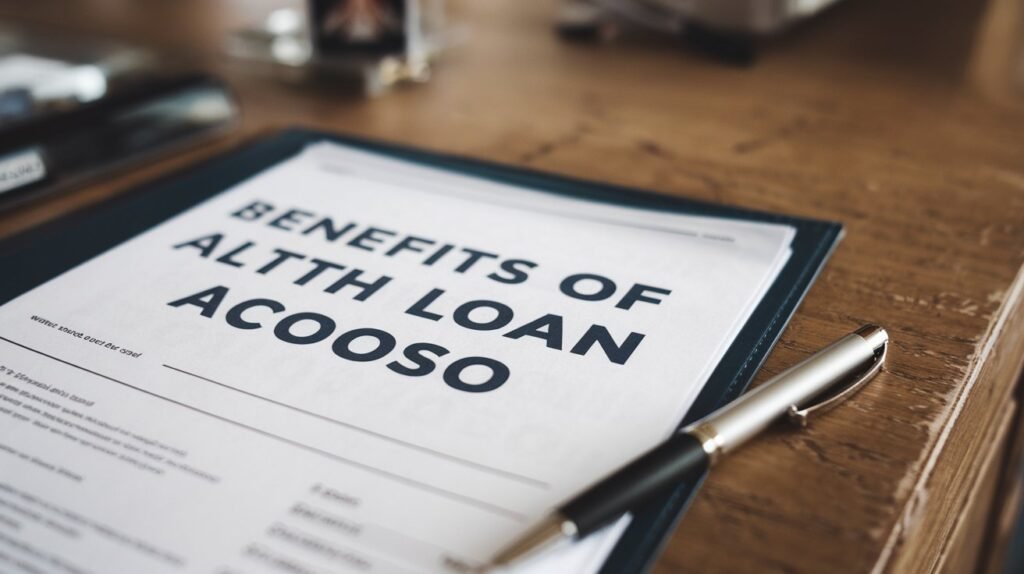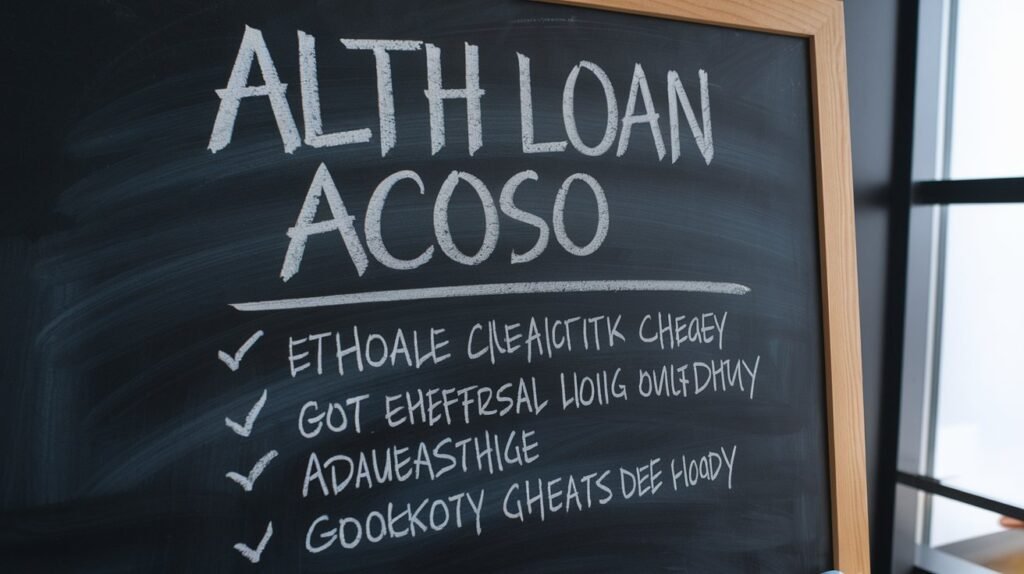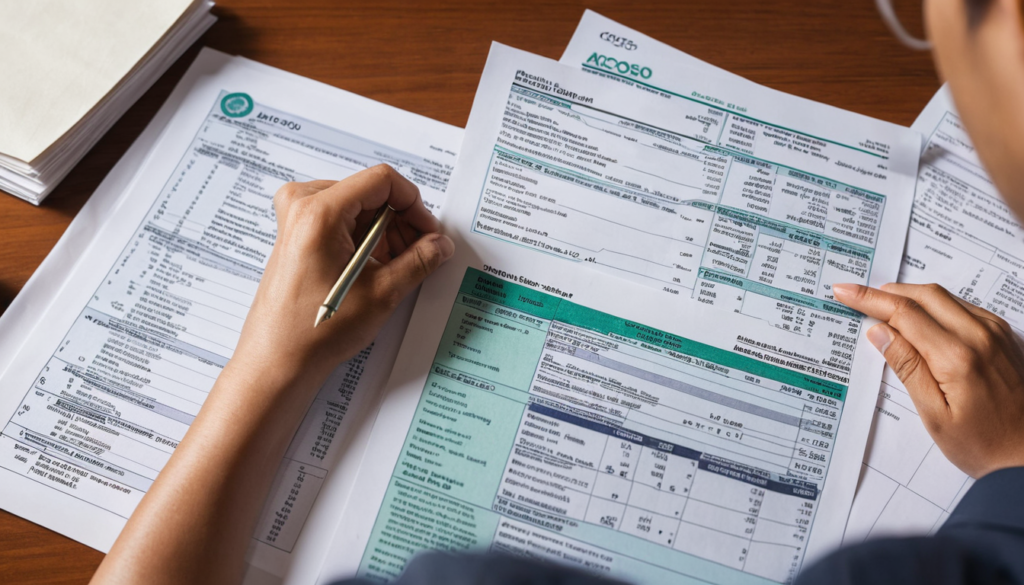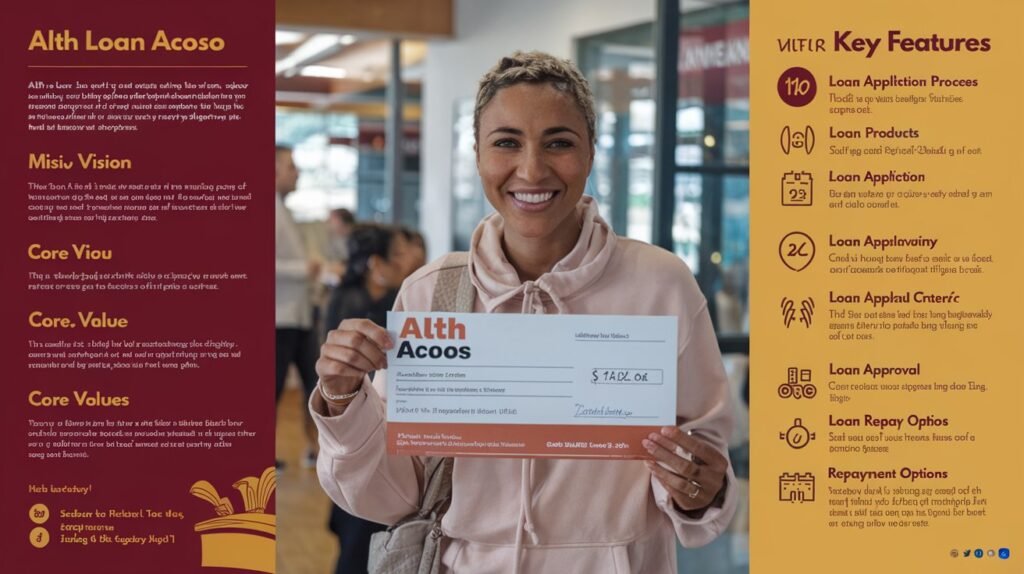Alth Loan Acoso: Understanding Your Rights and Protection
Debt management is an essential financial challenge faced by millions worldwide. Whether you are struggling with high-interest loans or multiple debts, understanding the proper steps to pay off your debt under the framework of Alth Loan Acoso can make the process significantly easier. This guide provides actionable strategies, expert advice, and the latest research to help you regain financial freedom.
Understanding Alth Loan Acoso and Its Challenges:
What Is Alth Loan Acoso?
Alth Loan Acoso is a financial debt management strategy designed to help individuals address their debts while maintaining legal rights and avoiding harassment from creditors. It empowers debtors with specific tools and methods to approach their financial obligations, ensuring their repayment process is streamlined and less stressful.
The term “Acoso” refers to harassment, a significant issue in debt collection in many regions. Alth Loan Acoso incorporates practices that protect individuals from aggressive and unethical collection practices, ensuring they can pay off their debt securely and dignifiedly.
Common Causes of Debt Accumulation:
Mismanagement of Personal Finances:
One of the primary reasons individuals find themselves in debt is poor financial management. A lack of budgeting, impulse spending, and over-reliance on credit cards often lead to mounting debt that becomes difficult to manage. According to a 2023 study by the Federal Reserve, about 78% of Americans live paycheck to paycheck, which increases the likelihood of accumulating debt.
Unexpected Expenses and Emergencies:
Emergencies are another common cause of debt accumulation. Medical emergencies, car repairs, and sudden job losses can push people into financial turmoil. A report from the Urban Institute (2022) highlighted that 56% of adults in the U.S. have faced economic hardship due to unexpected expenses, many of which result in debt.
Steps to Assess Your Debt Situation:
Before you start tackling your debt, assessing the full scope of your financial obligations is essential. This will give you a realistic understanding of your current situation and how to proceed.
Creating a Comprehensive Debt Inventory:
A debt inventory is a critical step in understanding your debt situation. List every loan, credit card, and financial obligation you have. Include the creditor, outstanding balance, interest rate, and monthly payment. This step ensures that you pay attention to all debts which could hinder your repayment efforts.
Prioritizing Your Debts: High vs. Low Interest:
High-Interest Loans: The Silent Killers:
High-interest loans, such as payday or credit card debts, are often considered “silent killers” in personal finance. Their high rates accumulate faster than most people can pay off, leading to compounded interest and growing debt. Research from Credit Karma (2023) shows that the average American carries over $6,000 in credit card debt, with interest rates averaging 19.24%—making it crucial to tackle these debts first.
Low-Interest Loans: Managing the Easier Ones First:
On the other hand, low-interest loans, such as mortgages or federal student loans, are less urgent. While they are still in debt, their lower interest rates mean they can be repaid over a more extended period without growing too quickly.
Crafting a Debt Repayment Plan:
Once you understand your debts, the next step is to develop a concrete repayment plan. The most successful debt repayment strategies involve prioritizing high-interest debts and following a plan.
Choosing the Right Debt Repayment Strategy:
Two popular methods for repaying debt are the Snowball and the Avalanche methods. Both strategies are effective, but your financial situation determines which works best for you.
Snowball Method: Small to Big:
The Snowball Method involves paying off your smallest debts first. This approach builds momentum, as eliminating smaller debts quickly gives you a psychological boost and motivates you to keep going. Harvard Business Review (2021) published research showing that people using the Snowball Method are 22% more likely to complete their debt repayment plan than those focusing solely on interest rates.
Avalanche Method: High-Interest First:
In contrast, the Avalanche Method focuses on paying off high-interest debts first, which saves money in the long run by reducing the total interest paid. According to NerdWallet (2023), those who use the Avalanche Method save an average of $2,000 to $5,000 in interest, depending on the size of their debt.
Setting a Realistic Budget to Pay Off Debts:
Analyzing Income vs. Expenditure:
Creating a budget is the cornerstone of any debt repayment plan. Start by analyzing your monthly income and expenses. Mint.com (2023) suggests allocating at least 20% of your income toward debt repayment while keeping living expenses within 50% and saving or investing the remaining 30%.
Allocating Funds for Debt Repayment:
Once your budget is set, allocate a specific portion of your income for debt repayment. Consider automating these payments to ensure consistency. Setting up automatic payments can help avoid late fees, which can add to your debt burden.
Exploring Debt Consolidation Options:
Deb consolidation may be a good solution if managing multiple debts is challenging.
What Is Debt Consolidation?
Debt consolidation combines several debts into a single loan, often with a lower interest rate. This simplifies payments and can save you money on interest over time.
Types of Debt Consolidation Options:
Personal Loans:
One standard option is a personal loan to pay off credit card debts or other high-interest loans. According to LendingTree (2023), personal loan rates are typically lower than credit card interest rates, averaging around 9%, depending on your credit score.
Credit Card Balance Transfers:
Another popular method is transferring your credit card balances to a new card that offers a 0% APR introductory period, typically lasting 12 to 18 months. This allows you to focus on paying down the principal without accumulating additional interest.
Seeking Professional Financial Counseling:
Benefits of Working with a Debt Counselor:
Professional financial counselors can offer tailored advice on how to manage your debt. They may also negotiate with creditors on your behalf to lower interest rates or create a manageable repayment schedule.
How to Choose the Right Financial Expert:
When selecting a financial counselor, look for someone accredited by the National Foundation for Credit Counseling (NFCC) or similar organizations. These professionals have the expertise and ethical standards to guide you through complex financial situations.
Understanding Your Rights Under Alth Loan Acoso Laws:
Alth Loan Acoso Debt Collection Laws:
Debt collectors are regulated by the Fair Debt Collection Practices Act (FDCPA), which prevents them from using abusive, unfair, or deceptive practices to collect debts. Under Alth Loan Acoso, individuals are further protected from harassment.
How to Deal with Debt Collectors Legally:
If a debt collector contacts you, know that you have rights. The Consumer Financial Protection Bureau (CFPB) advises requesting a written validation notice to verify the debt. You can also file a complaint if you believe your rights have been violated.
Avoiding Common Pitfalls in Debt Repayment:
Emotional Spending and Its Consequences:
Emotional spending can significantly derail your debt repayment efforts. Whether it’s retail therapy or dining out when stressed, impulse purchases add to your financial burden. A 2023 study by Psychology Today found that 46% of Americans admit to emotional spending, with women more likely than men to indulge in this behavior.
Ignoring the Debt Problem:
One of the worst things you can do is ignore your debt. Late fees and growing interest can make an already difficult situation worse. Contact your creditors to discuss alternative payment arrangements if you cannot make payments.
Utilizing Additional Income Streams:
Freelancing and Side Hustles:
Increasing your income is another way to tackle debt. Side hustles like freelancing, tutoring, or selling products online can provide the extra cash needed to make larger debt payments. According to a 2022 report by Upwork, 36% of the U.S. workforce freelances, with many doing so to pay off debts faster.
Selling Unused Assets:
Consider selling items you no longer need to raise money for debt payments. Websites like eBay and Facebook Marketplace make selling everything from electronics to furniture easy.
Monitoring Your Credit Score Throughout the Process:
How Debt Affects Your Credit Score:
Your debt-to-income ratio and payment history significantly impact your credit score. As you pay off debts, your credit score will improve. Experian (2023) reports that individuals with excellent credit scores tend to have debt ratios below 30%.
Tips for Maintaining a Healthy Credit Score:
To maintain a healthy credit score, ensure you make all payments on time, keep your credit utilization low, and avoid opening new lines of credit while paying off existing debts.
Celebrating Small Wins Along the Way:
The Importance of Acknowledging Progress:
Paying off debt is a long process, so it’s essential to celebrate small victories. Acknowledging these wins motivates you, whether paying off a credit card or reducing a loan balance.
Setting Milestones for Debt Payoff:
Set clear milestones, such as eliminating 25%, 50%, or 75% of your debt. Each milestone reminds you of the progress you’re making toward financial freedom.
Staying Motivated During Your Debt-Free Journey:
The Role of Positive Reinforcement:
Positive reinforcement, such as rewarding yourself for reaching debt milestones (without spending too much), can help keep you motivated throughout your journey.
Building a Support System:
Surround yourself with people who support your financial goals. Join debt support groups or connect with friends and family who can encourage you during tough times.
Conclusion: The Road to Financial Freedom:
Paying off debt under the Alth Loan Acoso framework may seem daunting, but you can achieve financial freedom with the right approach. By assessing your debt, prioritizing payments, seeking professional advice, and staying motivated, you will be on the path to a debt-free life. Remember, every small win counts—stay committed, and you will succeed.
FAQs About Alth Loan Acoso:
What is Alth Loan Acoso?
Alth Loan Acoso is a financial product designed to help individuals manage their loans. It offers unique features and terms tailored to meet specific financial needs.
How does Alth Loan Acoso work?
Alth Loan Acoso works by providing loan applicants with flexible repayment options, competitive interest rates, and personalized loan terms. Applicants typically need to meet specific criteria to qualify.
Who is eligible for Alth Loan Acoso?
Eligibility for Alth Loan Acoso depends on several factors, including credit history, income, and specific lending requirements. Applicants should check with the loan provider for detailed criteria.
What are the benefits of Alth Loan Acoso?
The benefits of Alth Loan Acoso include lower interest rates, flexible repayment plans, and the ability to tailor loan terms to fit personal financial situations.
How can I apply for Alth Loan Acoso?
You can apply for Alth Loan Acoso through a participating financial institution or online platform. The application process typically involves submitting necessary documents and undergoing a credit check.
“TO READ MORE ARTICLES SO CLICK HERE”
Suggestions LINK’S:
Payday Loans No Credit Check: Quick Cash When You Need It:
Comprehensive National Debt Relief Reviews: An In-depth Guide for 202
Honest JG Wentworth Reviews: What You Need to Know:
Latest News and Updates on Credible Labs Financial Services:




